
Can PPID or EMS Affect My Horse’s Joints?
Dr. Luke Bass describes the unique joint changes that might be seen in horses with PPID and EMS.

Dr. Luke Bass describes the unique joint changes that might be seen in horses with PPID and EMS.

Equine practitioners are using recent research in their day-to-day practice to diagnose PPID, EMS, and ID.
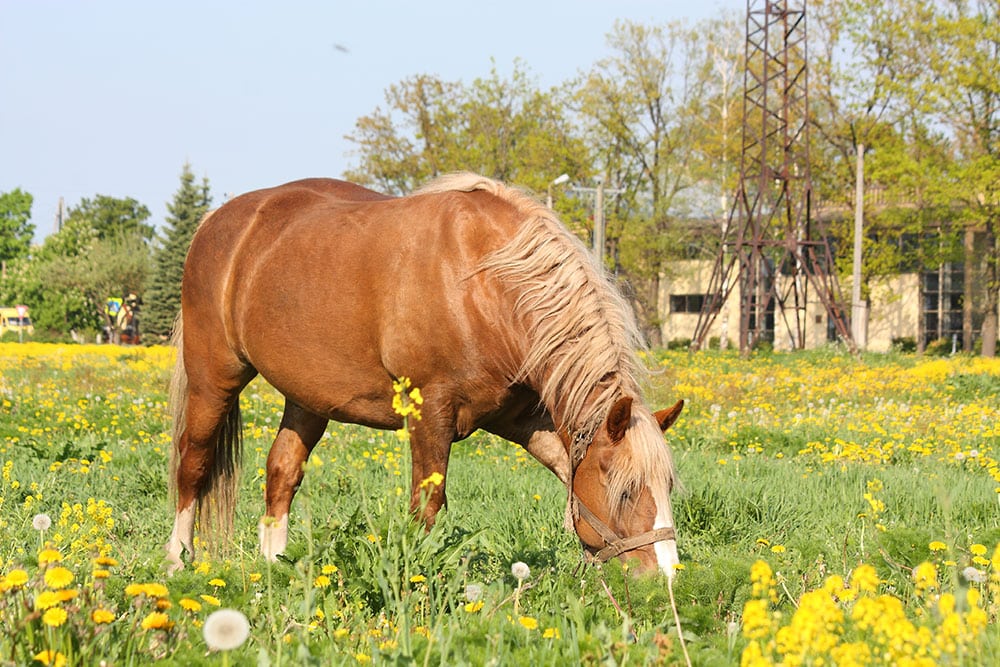
Horses with ID are at greater risk of developing laminitis. Knowing if your horse has a metabolic problem can help you prevent this painful condition.

One equine nutritionist explains how to ensure your horse’s diet does not contain dangerous levels of sugar.

Learn why some horses are more likely to develop EMS and associated laminitis and how to tell if your horse is at risk.

Learn how to help your horse shed his excess pounds safely.
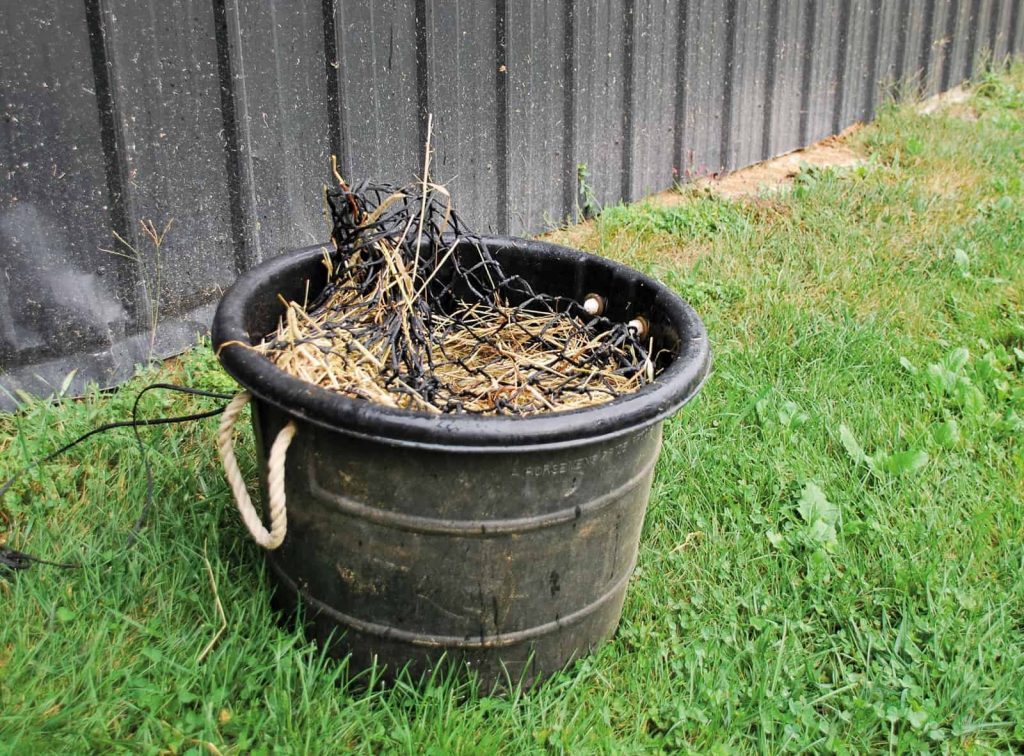
Soaking hay for horses with PPID or insulin dysregulation can reduce the WSC and ESC values, making it safer for these horses to consume.
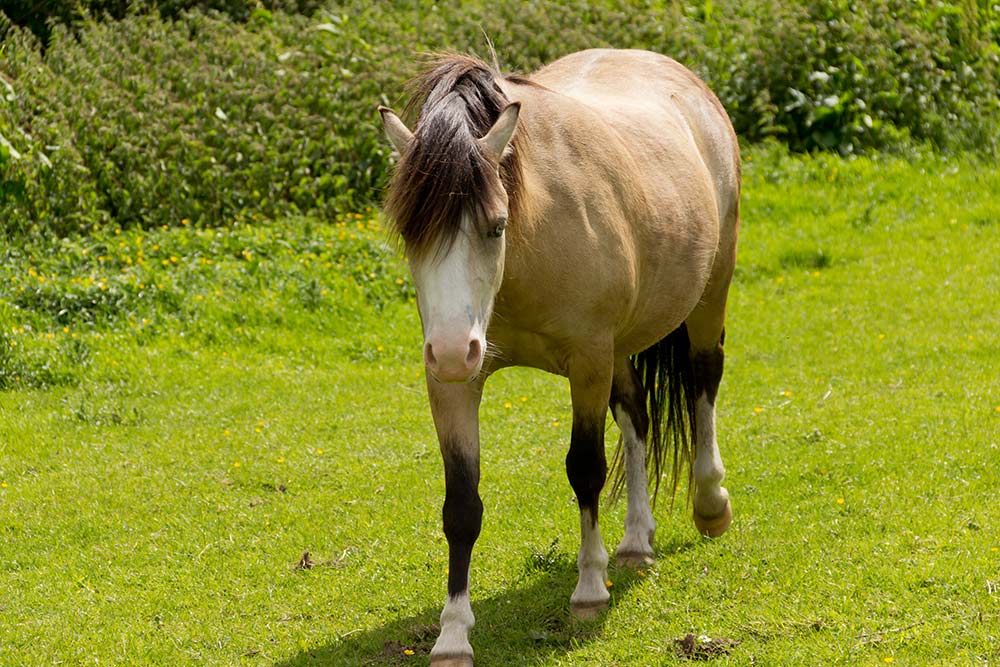
Dr. Susan White describes options for treating laminitis-prone EMS horses that also suffer from allergies.
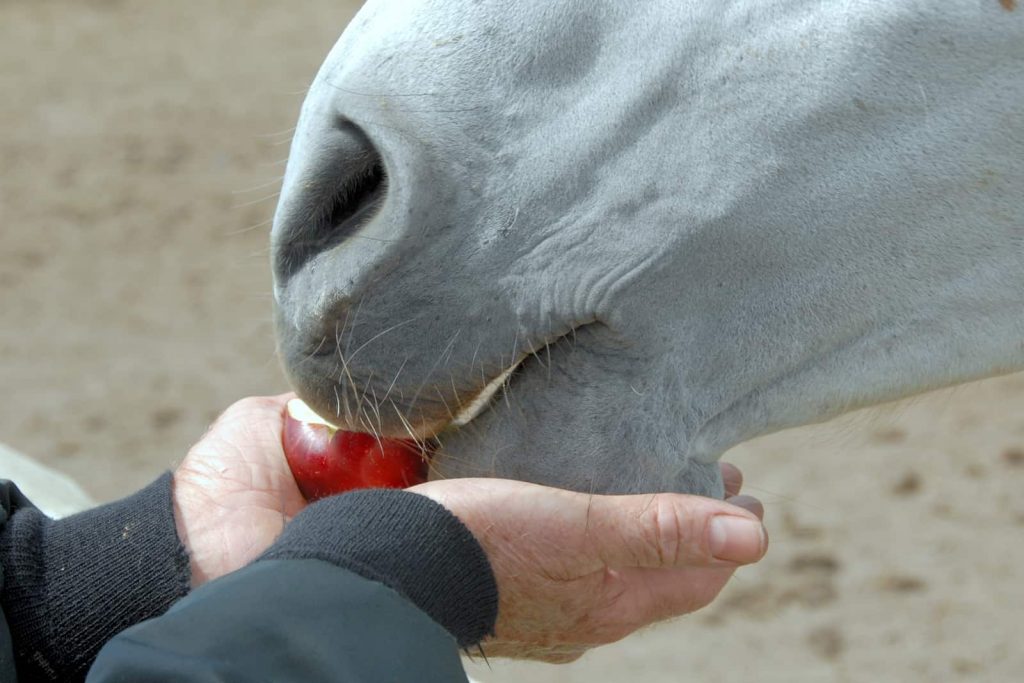
Horses with insulin dysregulation can experience increased sugar absorption in the intestines, which could cause changes in blood glucose levels.

Learn how horses go from metabolic to laminitic and ways to manage them.

All horses and ponies have a different threshold for NSCs, but researchers are beginning to better understand how to feed horses with ID and EMS.

Researchers say these drugs hold great promise for managing horses with EMS when used appropriately.

How should a senior horse with equine Cushing’s disease and equine metabolic syndrome be vaccinated?

Does alfalfa cause kidney or respiratory problems or make horses hyper? Specialists shed light on these myths and more.

Learn about the differences, and a few key similarities, between these two endocrine diseases.
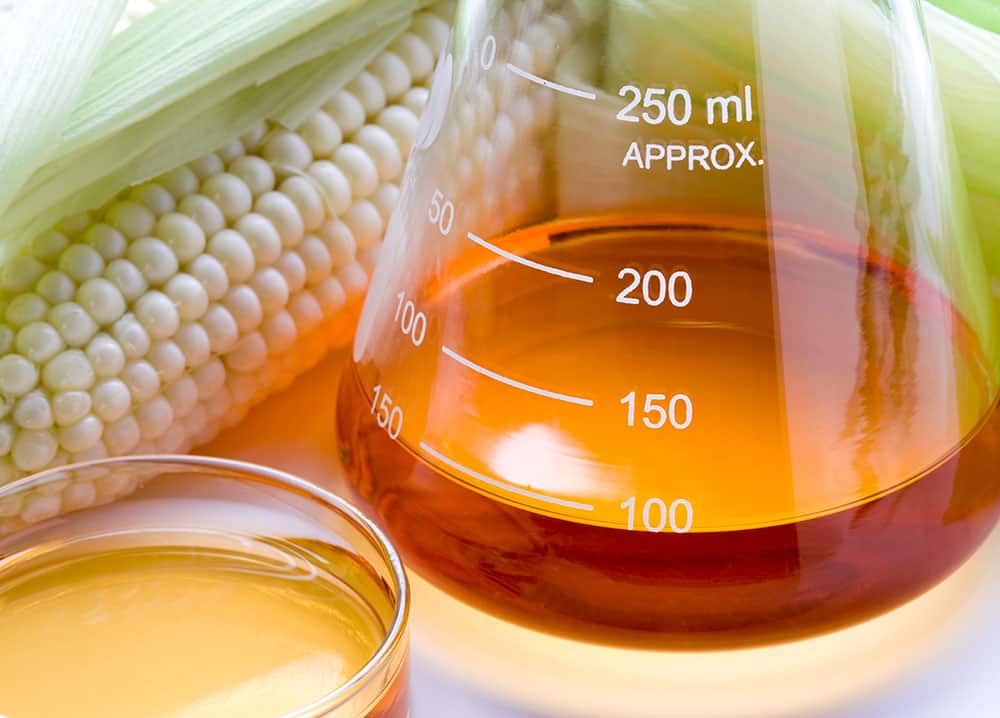
The horse’s fed vs. fasted state, dose and type of corn syrup, season, and simultaneous endocrine testing might alter the results of this insulin dysregulation testing method.
Stay on top of the most recent Horse Health news with
"*" indicates required fields